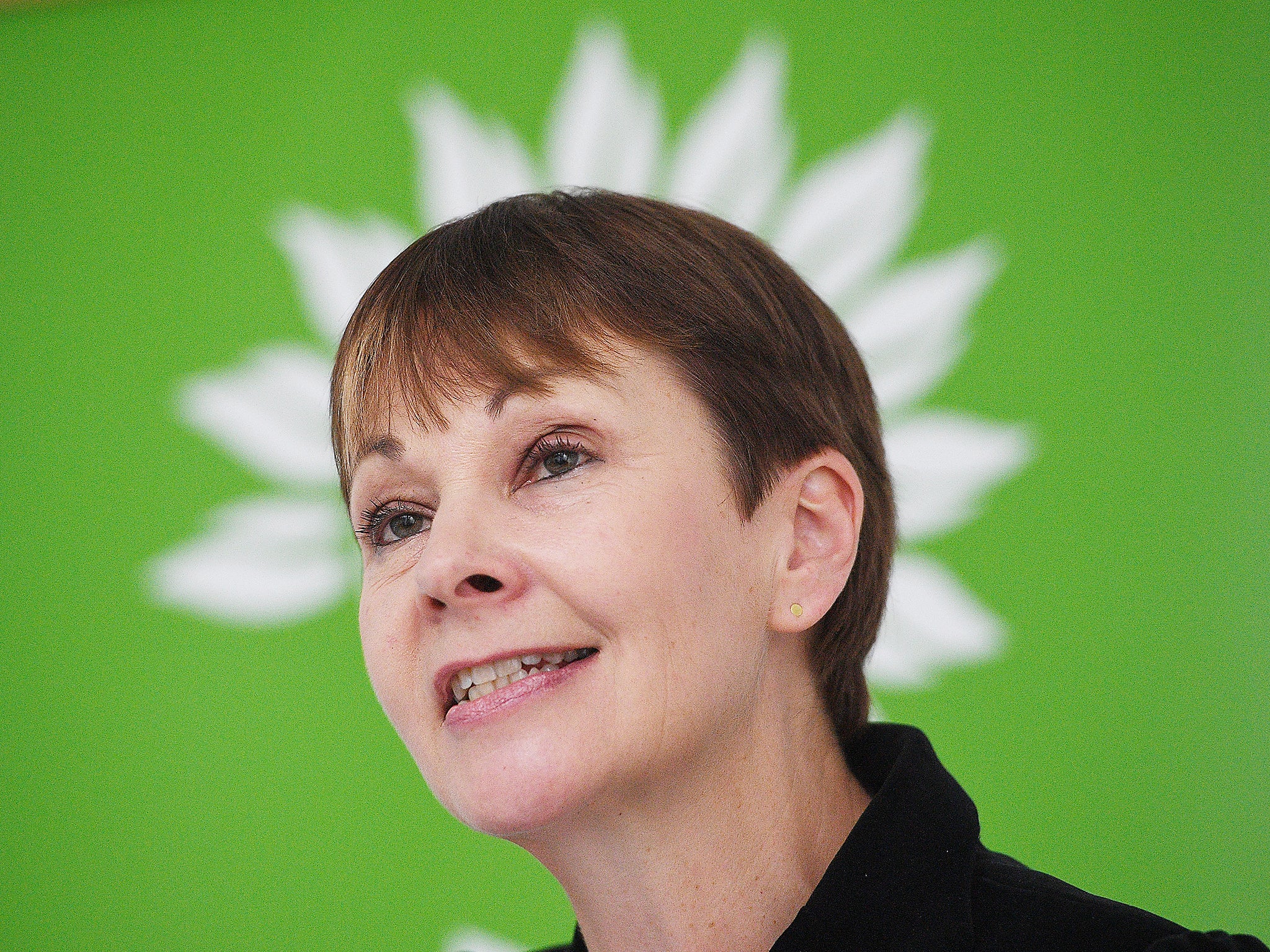The progressive alliance was over before it even began – but may be a sign of things to come
Even so, voters can choose to vote tactically – for which read intelligently – if they are concerned that the lurch towards a hard Brexit will constitute a national disaster of historic proportions

It is not unkind to remark that the proceedings of the Green Party probably don’t give Theresa May sleepless nights. And yet this small but vibrant party is making some important running in this election. Their latest contribution is to join the Liberal Democrats in demanding a “ratification referendum” when the final terms of Brexit, if any, are agreed. As many have noted, while the British people voted by a small but clear margin to leave the European Union last year, common sense tells us that they did not necessarily vote to destroy industries and jobs and endanger national security.
The Greens are valuable allies in this cross-party cause. The sadness, of course, is that the Labour Party has failed to live up to its democratic duty and offer that same pledge (though there is a slim chance they may tentatively suggest something like it when the manifesto comes to be published). Had Labour, the Liberal Democrats, the SNP, Plaid and the Greens all offered the voters the chance to have a final say on Brexit, they would have constituted, with a small band of Conservative allies, a powerful block on the worst excesses of a Brexit government. It is little less than a tragedy that the Labour Party has utterly betrayed its own people.
Without an agreement on the central Brexit, then, all the airy talk about a “progressive alliance” on the centre left of British politics is precisely that. Even so, voters can choose to vote tactically – for which read intelligently – if they are concerned that the lurch towards a hard Brexit will constitute a national disaster of historic proportions. In this cause the Green Party has also been showing an honourable lead, often unilaterally standing down in seats where they wish to see Labour or the Liberal Democrats beating off a Tory challenge – such as Ilford North and Twickenham. Reciprocally, the Liberal Democrats in Brighton have chosen not to run against Caroline Lucas, still the party’s sole MP. There may be more friction in places where both parties hope to do well, such as Labour-held Bristol West, but such informal electoral arrangements are significant straws in the wind perhaps for a future realignment in British politics.
That said, voters are not sheep ready to be shepherded into one party’s camp or another on the say so of a national or local leadership. Just as many are sophisticated enough to be able to “game” the first-past-the-post system, so too are they independently minded enough not to be ordered around by politicians (or a partisan press). There is also the important matter of what policies the nationalists, socialists, social democrats, liberals and environmentalists who can be found in varying proportions in the opposition parties could agree on. Aside from that overarching question of the EU – where agreement is lacking – one can see the outlines of agreement on support for public services and the NHS, for fairer taxation, environmental action and a more liberal approach to issues such as asylum, but much else that divides.
As Tony Blair has reminded us, the broadly progressive constituency still exists, and is sizeable, perhaps even forming a majority, as it did in 1997 and the 2000s. For now, Theresa May faces a mostly divided opposition and a much reduced threat from Ukip, which once seemed such a potent danger to Tory solidarity. Conditions for a Ms May majority remain propitious, even if it might well be no landslide. One day, though, the Greens’ pursuit of a progressive alliance might well give the Prime Minister some discomfort.
Join our commenting forum
Join thought-provoking conversations, follow other Independent readers and see their replies
Comments
Bookmark popover
Removed from bookmarks